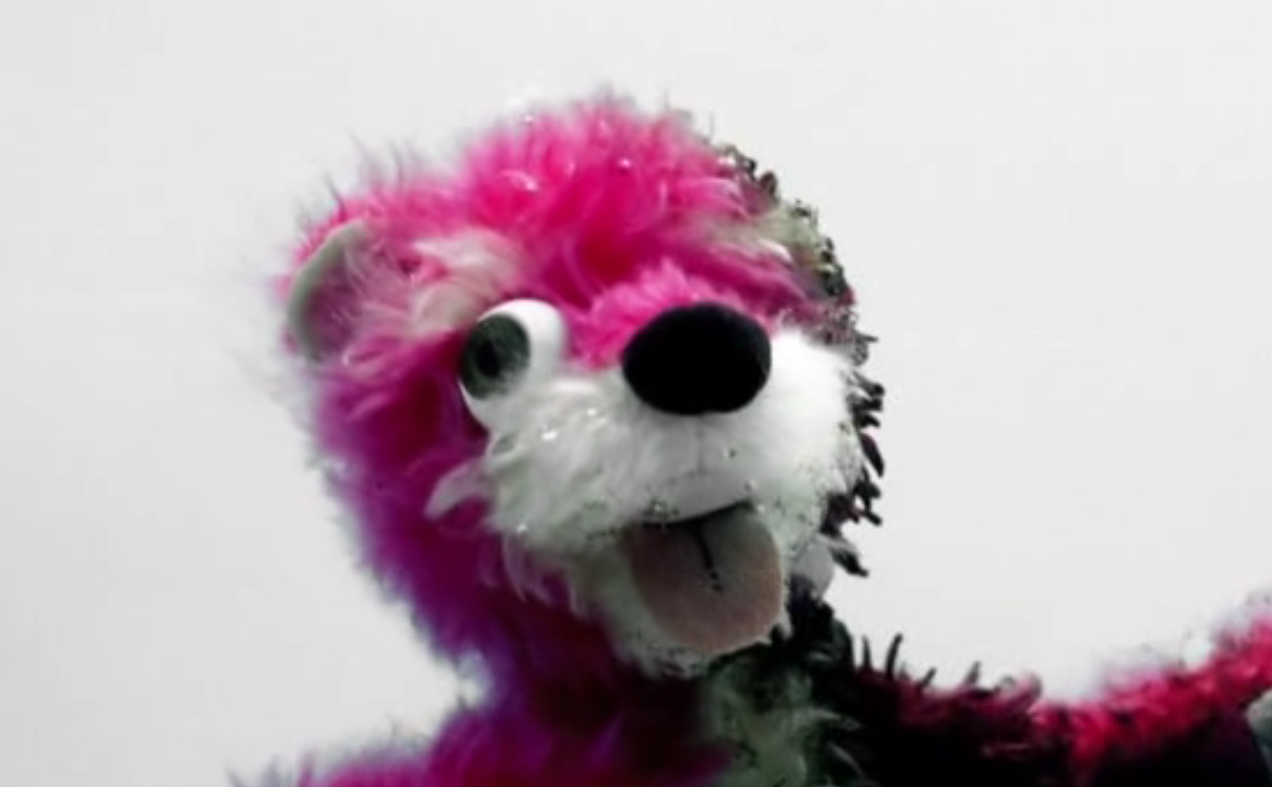The truth about foreshadowing

Foreshadowing and Easter eggs have become such an obsession for viewers they're almost a fandom trope by this point, early episodes of quality TV shows being rewatched and ceaselessly inspected for signs of what was to come.
They're mostly enjoyed in retrospect, little seemingly unimportant objects or dialogue lines being tucked away nonchalantly, in spite of the fact they actually signal a major plot point to come. A spoiler you never saw coming.
We often assume them to be masterstrokes of planning, a sign that the showrunner knew where the narrative was headed all along, but the reality is often the complete inverse of this.
No show is singled out for examples of supposed subtle foreshadowing more than Breaking Bad, but it was actually written largely using a method you could call backshadowing or backmining.
I interviewed creator Vince Gilligan back in 2013 ahead of the final season, and he pinpointed a good example of this:
Did you have a clear sense of where the show was going or was most of the plot thrashed out over the writer’s table?
You would be surprised by how little we had figured out in the early days. It’s not that we always know where we’re going but that we’re driven to look back at the show’s history and mine little moments that we’ve either placed as Easter eggs or that occur by happenstance. We try to go backwards to go forwards. As a matter of fact, I believe it was in season three that we had a television commercial for Los Pollos Hermanos and if you look very closely in tiny little letters at the bottom there is a reference to Madrigal Electromotive GMBH. When we put that on there I had only the most vague idea of a parent company that may or may not wind up being important to the series. I didn’t know where it was going to go exactly but I wanted to include it and it’s one of those things where 99% of the people who watch it will never notice but for the 1% that do my writers and I thought to ourselves ‘OK, maybe we can give them a gift for having noticed this’. That’s how we approach things, we seldom in fact know where we going we just know where we’ve been and that’s what holds us in good stead.
This doesn't take anything away from Vince or other showrunners; it's just a different skill.
If anything it makes me admire them more, demonstrating the ability to broaden a universe from within, to create something out of nothing.
Join our commenting forum
Join thought-provoking conversations, follow other Independent readers and see their replies
Comments
Bookmark popover
Removed from bookmarks